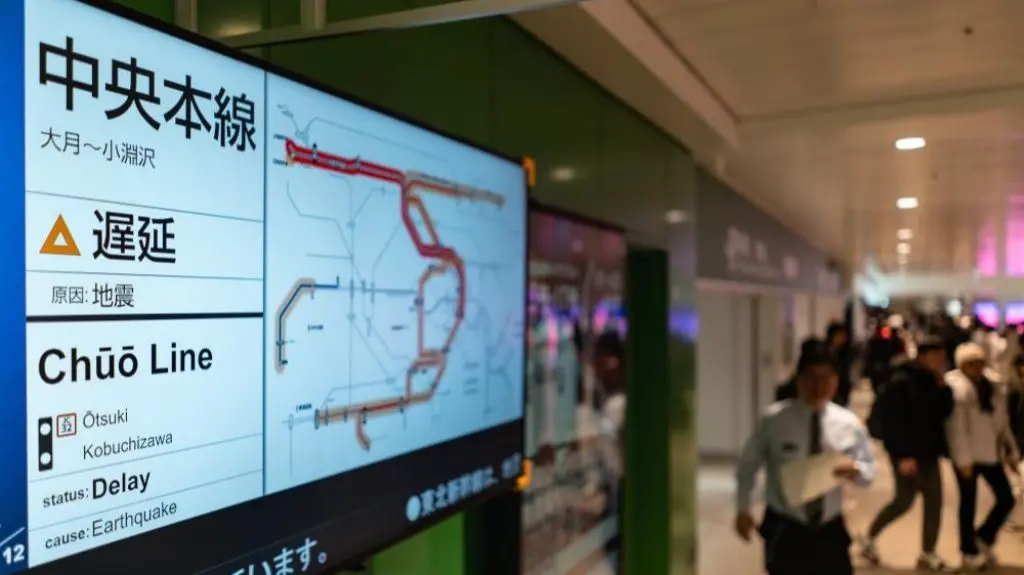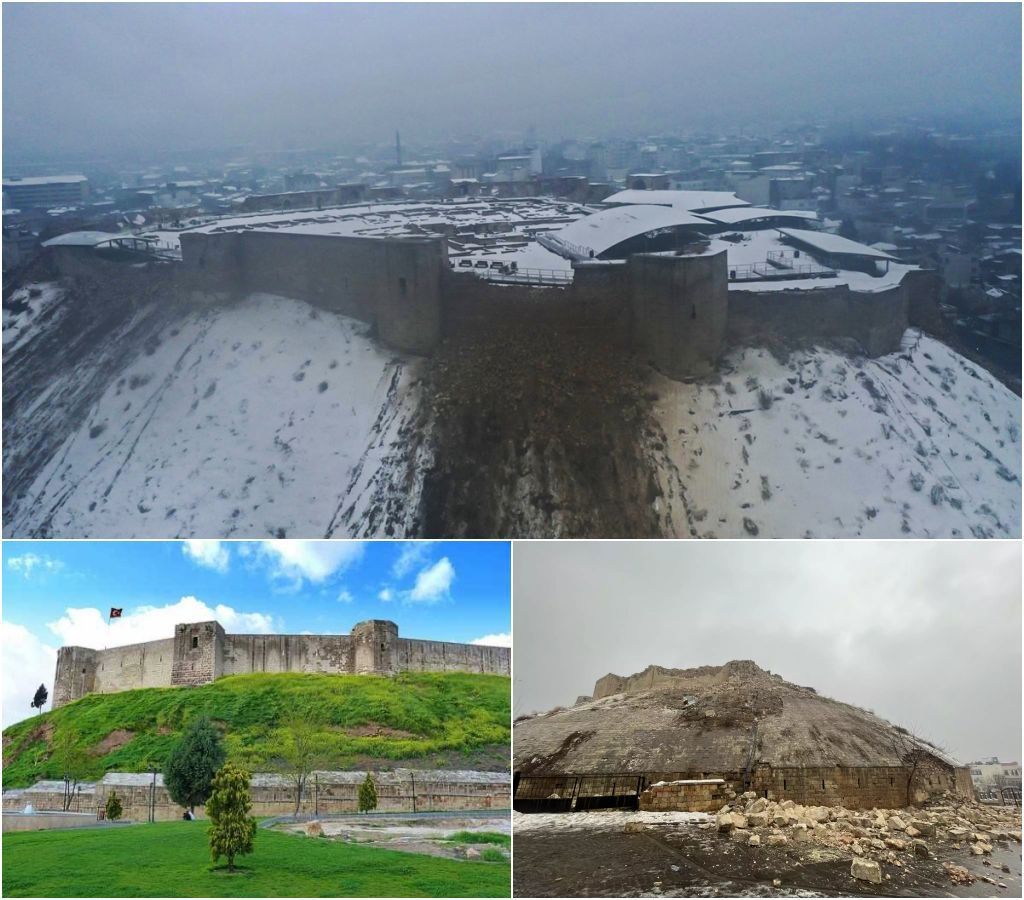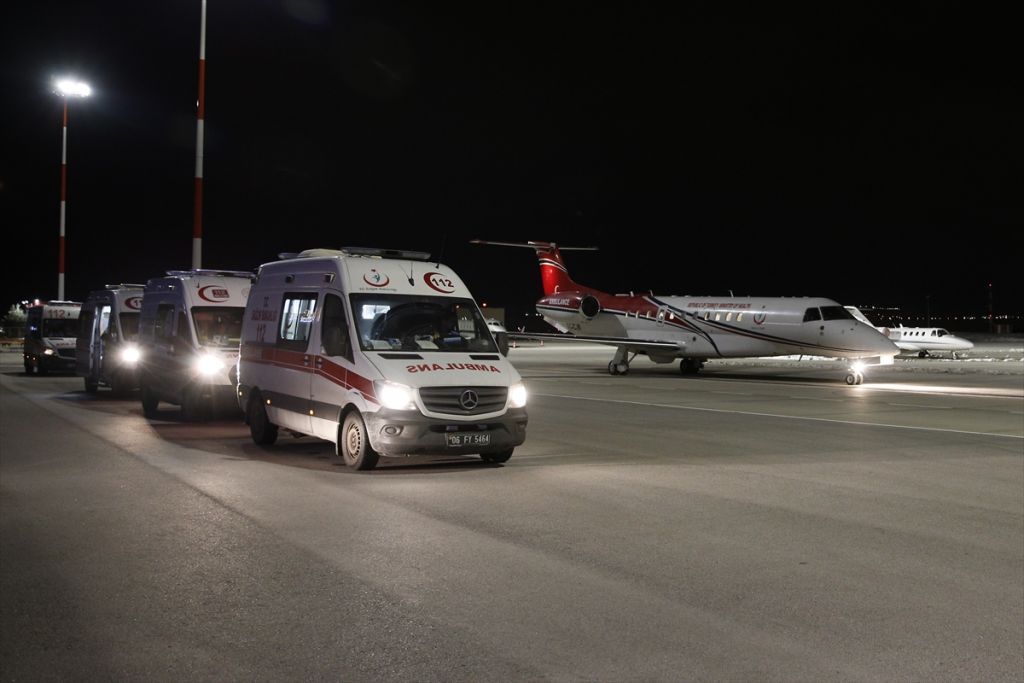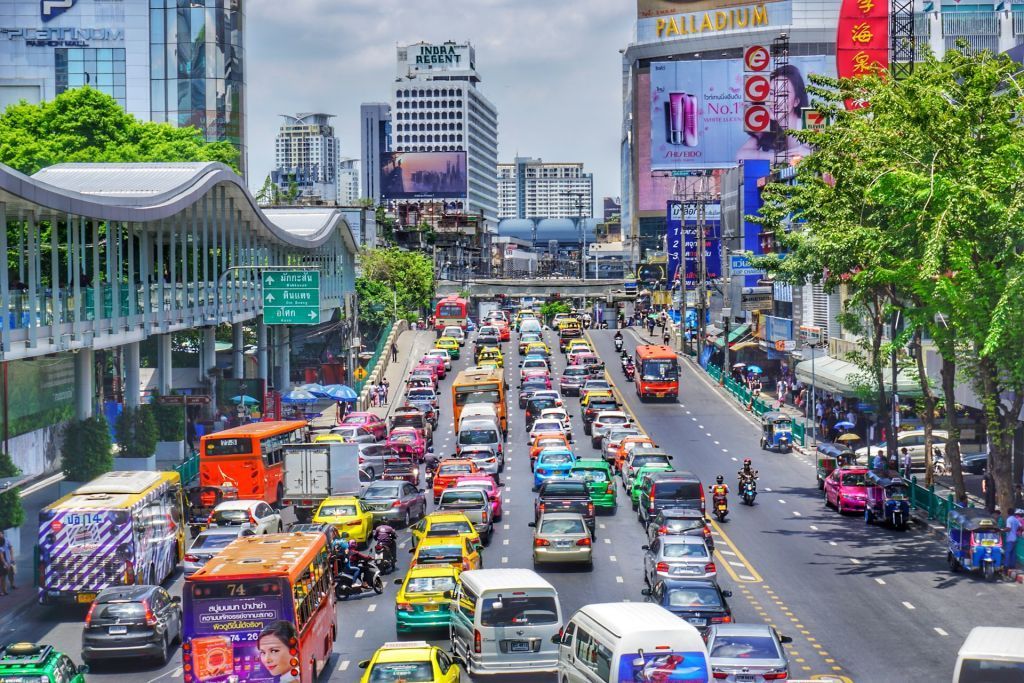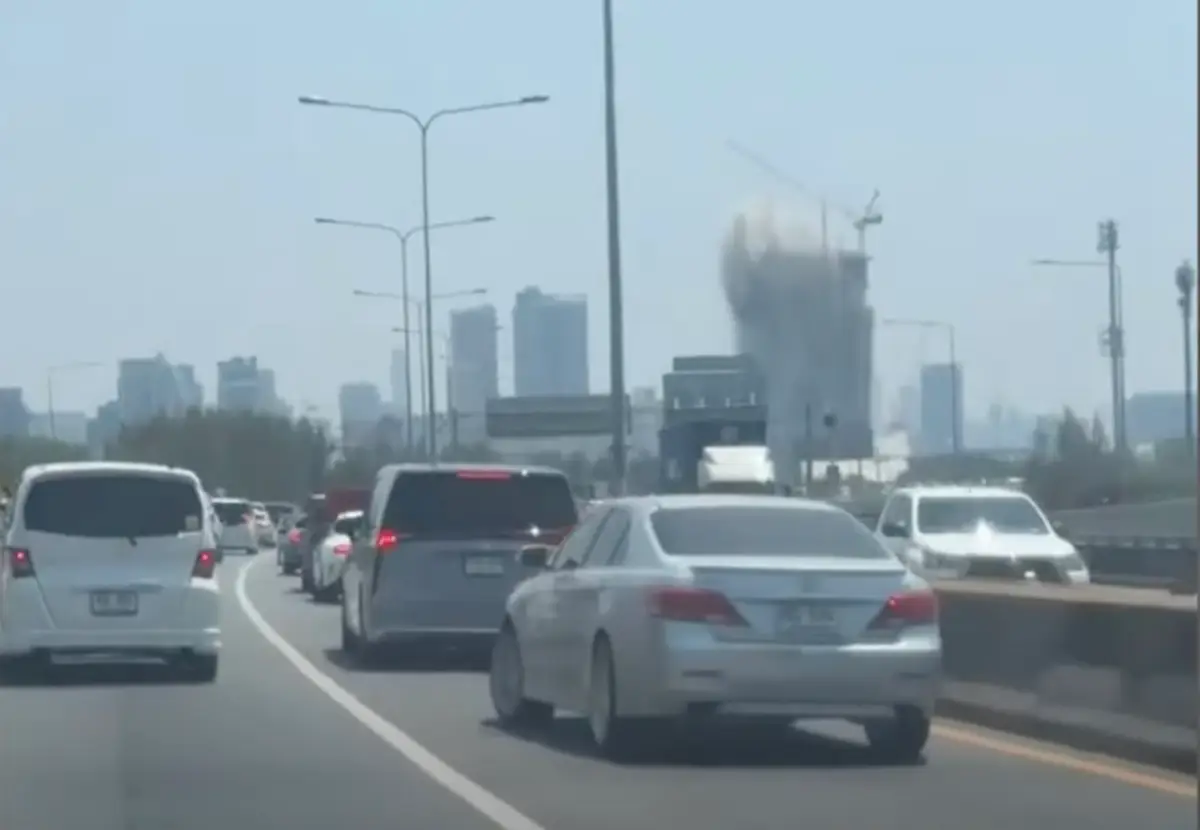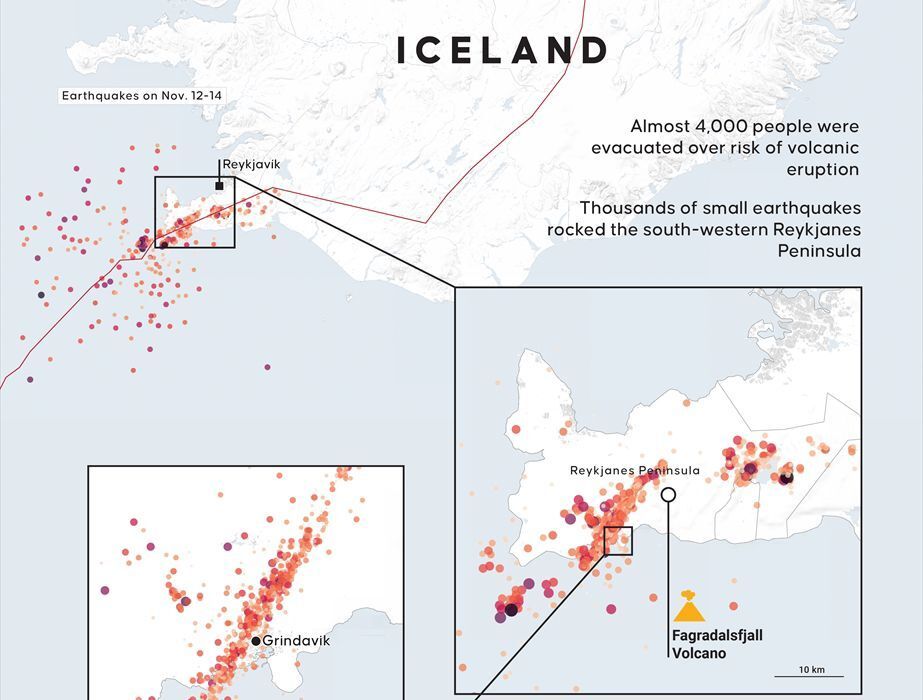Japan’s start to the new year was marked by a devastating earthquake, leading to significant implications for both its citizens and the travel industry.
On New Year’s Day, a powerful earthquake with a preliminary magnitude of 7.6 struck Japan, primarily affecting Ishikawa Prefecture. It’s now considered the deadliest earthquake in Japan since the 2016 Kumamoto earthquake. The quake caused extensive damage, toppling buildings, destroying roads, and cutting power to tens of thousands of homes. Additionally, it triggered tsunami waves along Japan’s western seaboard, forcing coastal residents to seek higher ground.
The earthquake led to significant power outages in Ishikawa Prefecture, with 45,700 households reported without electricity. Hokuriku Electric Power worked tirelessly to restore power. Fortunately, Japan’s Kansai Electric and Chief Cabinet Secretary Yoshimasa Hayashi confirmed no abnormalities at nearby nuclear plants.
Travel Disruptions
Rail Travel
The quake had a major impact on rail travel. Four bullet trains, operating between the central cities of Toyama and Kanazawa, were halted, stranding nearly 1,400 passengers for about 11 hours.
Services resumed the following Tuesday morning, as reported by NHK, citing Japan Railways West.
Tsunami Warnings and Aftershocks
The Japan Meteorological Agency issued a major tsunami warning immediately after the quake, the first since the 2011 disaster. Although the warnings were later canceled, the threat of aftershocks remains.
Japan’s tsunami warning system categorizes wave threats based on their expected height. Waves anticipated to be less than 1 meter trigger a “tsunami advisory.” If waves are expected to reach up to 3 meters, a “tsunami warning” is issued. For waves expected to surpass 5 meters, the system escalates to a “major tsunami warning.”
Following the recent earthquake, the initial tsunami waves struck the coast just over 10 minutes later.
Seismologist Susan Hough from the US Geological Survey warned that these aftershocks could last for months and could be a hazard in their own right.
Photo shows Train delays caused by earthquakes at Shinjuku Station in Tokyo, Japan, January 1, 2024. /Xinhua

